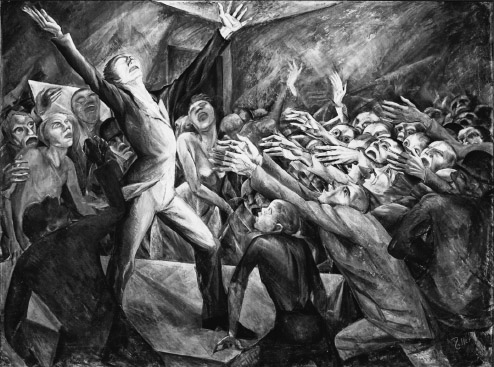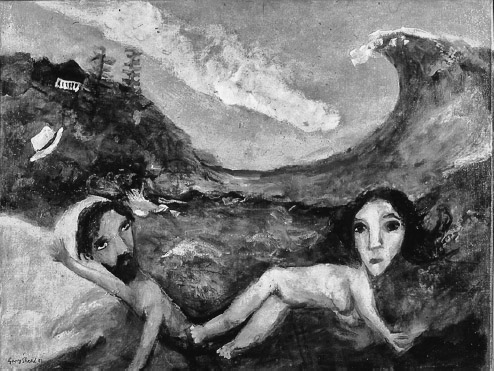All posts tagged The Legacy of Modernism and the Rule of Law

Polarity Two forces should be conceived which counteract each other by their essential nature; … these forces should be assumed to be both alike infinite, both alike indestructible. The counteraction then of the two assumed forces does not depend on their meeting from opposite directions; the power which acts in . . . Read more

Littoral Readings When a writer calls his work a Romance, it need hardly be observed that he wishes to claim a certain latitude, both as to its fashion and material, which he would not have felt himself entitled to assume had he professed to be writing a Novel. The latter . . . Read more
Thirroul of Law The essence of liberalism is negotiation, a cautious half measure in the hope that the definitive dispute, the decisive bloody battle, can be transformed into a parliamentary debate and permit the decision to be suspended forever in an everlasting discussion.1 – Carl Schmitt, Political Theology We want . . . Read more
Reality and Therapy in the Novel Discourse in the novel is dialogized, permeated with laughter, irony, humor, elements of self-parody and finally – this is the most important thing – the novel inserts into these other genres an indeterminacy, a certain semantic open-endedness, a living contact with unfinished, still-evolving and . . . Read more
How Kangaroo Rewrote Lawrence The artist usually sets out – or used to – to point a moral and to adorn a tale. The tale, however, points the other way, as a rule. Two blankly opposing morals, the artist’s and the tale’s. Never trust the artist. Trust the tale.1 – . . . Read more
The Rule of Law and the Legacy of Modernism A knife is not a knife unless it has some ability to cut. The law to be law must be capable of guiding behavior, however inefficiently. Like other instruments the law has a specific virtue which is morally neutral in being . . . Read more









